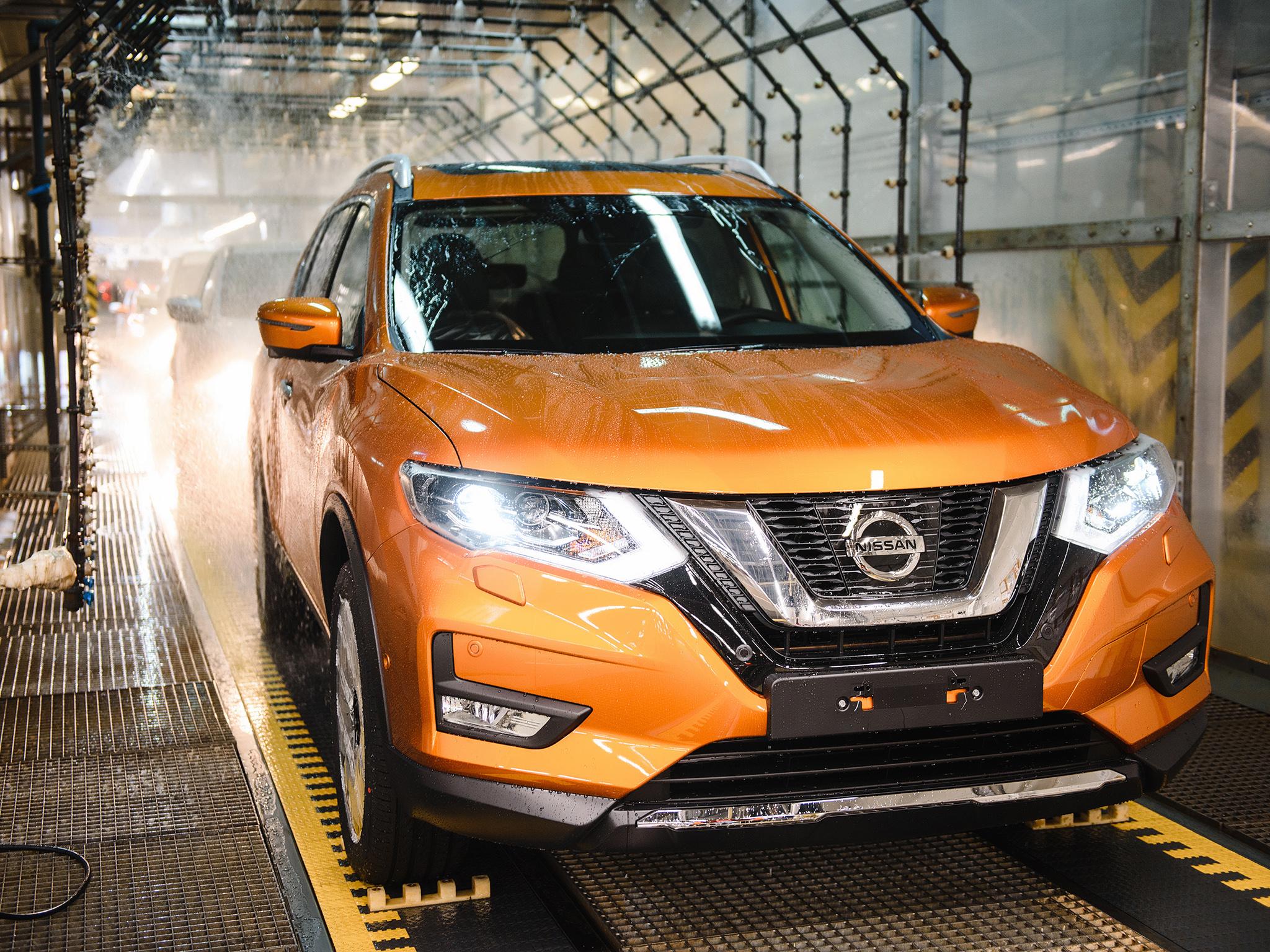Was Brexit behind Nissan’s decision not to build the X-Trail in Sunderland?
Analysis: Some have claimed the Japanese carmaker’s decision not to build the SUV in Sunderland was due to problems in the global diesel market, not the UK leaving the European Union. Ben Chu assesses the evidence


Nissan’s decision to abandon plans to build the diesel X-Trail SUV at its Sunderland plant and to construct the model in Japan instead has been presented by many as clear evidence of the harm already being done to UK industry by Brexit.
But others have claimed that Nissan’s decision was actually due to the fallout of the global diesel scandal and little to do with Britain leaving the European Union.
So what’s the truth? And if it was due to Brexit can we expect more companies to cancel investments in the coming months?
It’s certainly true that global diesel car sales have been hit hard over the past two years.
In December, UK diesel vehicle registrations were down 26 per cent on the same month a year earlier according to data from the Society of Motor Manufacturers and Traders (SMMT).
Nissan has already pledged to phase out new diesel vehicle launches from its passenger range and last year it cut hundreds of jobs at Sunderland (which employees 7,000 people in total) specifically citing lower demand for diesel cars.
And Nissan’s Europe chair, Gianluca de Ficchy, made it clear on Monday that this was also a factor in the X-Trail cancellation decision too.
Yet De Ficchy also cited the uncertainty due to Brexit in its explanation of the move.
“While we have taken this decision for business reasons, the continued uncertainty around the UK’s future relationship with the EU is not helping companies like ours to plan for the future,” he said.
And analysts note another factor. The EU-Japan free trade deal which came into force last week. This will entail zero tariffs on cars imported to the EU from Japan.
When one considers that cars going from the UK to the EU could face 10 per cent tariffs if there is a no-deal Brexit and that the Sunderland plant exports a high share of its cars to mainland Europe, the logic of Nissan increasing production of the X-Trail in Japan, rather than Sunderland, becomes ever more compelling.
And this is before even mentioning the severe threat to Nissan’s “just in time” continental supply chains from a no-deal Brexit.
With all this context, the argument that the X-Trail decision has nothing at all to do with Brexit looks threadbare.
As for whether other firms could follow Nissan, the SMMT argues there is already a clear Brexit effect, with automotive investment down 50 per cent in 2018 on the previous year.
Total UK business investment has also been much weaker than expected before the Brexit vote. Investment actually contracted over the first three quarters of 2018 – the worst run since the financial crisis a decade ago.
The car manufacturing industry gets plenty of coverage in the media due to its history and scale. Yet most analysts believe the negative effect of Brexit-related uncertainty is also being felt by a great many other firms under the radar – and that it will continue to do damage as long as the lack of clarity lasts.
Join our commenting forum
Join thought-provoking conversations, follow other Independent readers and see their replies
Comments